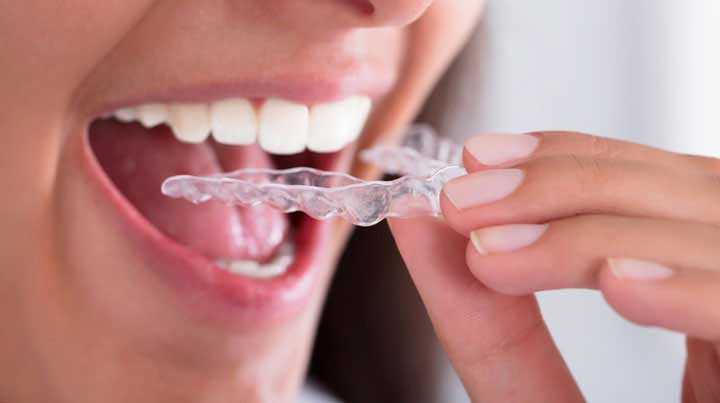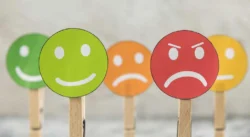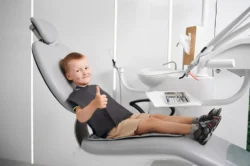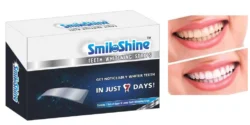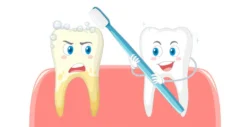This phenomenon of teeth grinding as well as jaw clenching is very normal, affecting up to one-third of adolescents during the day and upwards of one-tenth during sleep. At a certain age, your child will grow a habit of clenching his jaws and grinding his or her teeth. Teeth grinding is most commonly performed unconsciously while asleep, but it could also happen while awake.
During the day, an individual who is focused on a job may sometimes clench his teeth and exert force through jaw muscular contractions. Lifting large things, walking, reading, and writing are all typical daytime behaviors that cause this. People with teeth grinding issues in the night need to visit urgent dental Bismarck ND, so that they can avoid any severe harm to their mouth or teeth; this site is the best way to ensure that you get all the help you need in order to treat night grinding issues.
Causes
As per the Bruxism Association, fatigue, depression, tobacco, heavy drinking, caffeine, anxiety, and sleep disturbances can all lead to teeth grinding. Even so, there isn’t much research to back up any of these claims. Those who snore or have obstructive sleeping apnea, and also those who smoke, drink alcohol, or consume caffeine, are more likely to grit their teeth.
Depression and anxiety came out as the cause for 70 percent of people to clench and grit their teeth. A correlation between teeth grinding and a heavy workload is the main cause in some studies. These are some of the causes of teeth grinding that you must know about. If you see any of these signs or symptoms, then it is time to see a doctor and treat your teeth grinding habit.
Grinding your teeth at least twice or when a family member reports it is a normal symptom. A persistent soreness throughout the teeth and jaw is yet another typical symptom of teeth grinding—teeth scraping breaks off the enamel on the teeth. Grinding your teeth breaks away the enamel on your teeth, which can lead to rotting, tooth irritation, exposed nerve, and finally, tooth loss. Grinding your teeth can lead to plaque accumulation as well as migraines in some people. You can easily avoid all of these issues when using a night guard as recommended by a dentist.
Medication
Muscle relaxants will give you peace of mind in your jaw and avoid grinding your teeth at night. A physician may switch your medication or may suggest something that doesn’t lead to increased risk for teeth grinding if you’re taking certain antidepressants that do. A psychiatrist can also recommend antidepressants (without the possibility of bruxism) if the drug will help you deal with the stressors that lead you to grit your teeth.
Behavioral strategies
The experienced counselors consult with individuals to recognize causes and establish stress control and coping strategies to resolve them. Experts use biofeedback to measure muscle pain to illustrate how relaxing exercises and stretches on the chin, spine, and head will help you relax.
Biofeedback
Biofeedback is indeed a tool for assisting individuals in becoming mindful of and eliminating unwanted behaviors. It may be used to treat bruxism in both the sleep and awake states.
A biofeedback therapist can use visual, vibrational, or auditory input provided by electromyography to show you how and when to regulate your jaw muscle movements.
There has been no research on the efficacy of biofeedback in the management of bruxism.
According to one study, there could be short-term gains from using dependent electrical stimulation. Many biofeedback approaches require more study to understand their long-term benefits and efficacy.
Occlusal appliance
You might get the occlusal protection to wear over your teeth during the night, including a bite plate or night guard. This protects the teeth from injury by preventing physical contact between both the top and bottom teeth. You may use a certain system overnight if you really have sleep apnea. A mandibular development brace keeps the lower jaw forward and guards the teeth, avoiding airway closure.
Teeth grinding is indeed a widespread issue for a number of reasons. It is necessary to treat it early in order to prevent serious dental problems. Both the dental and the psychiatrist will help you identify and handle bruxism. In case you are looking for the best children’s and adolescent dentistry, you must start looking online. You will get plenty of options online to choose from very easily, and you can compare different dentists to pick the best one for the treatment. Do not take your health and your medical condition such as teeth grinding so lightly, and visit the doctor immediately without wasting any more time.
